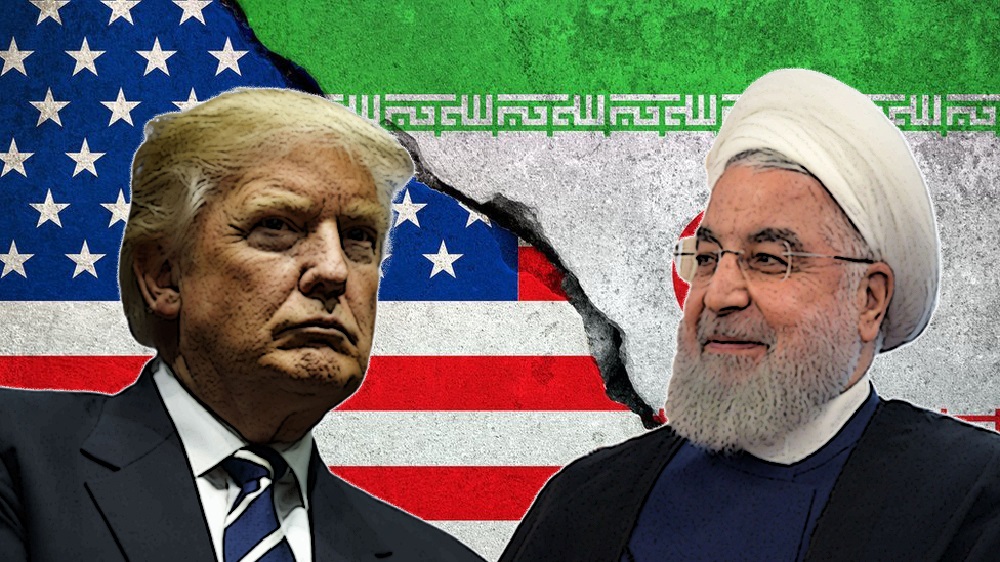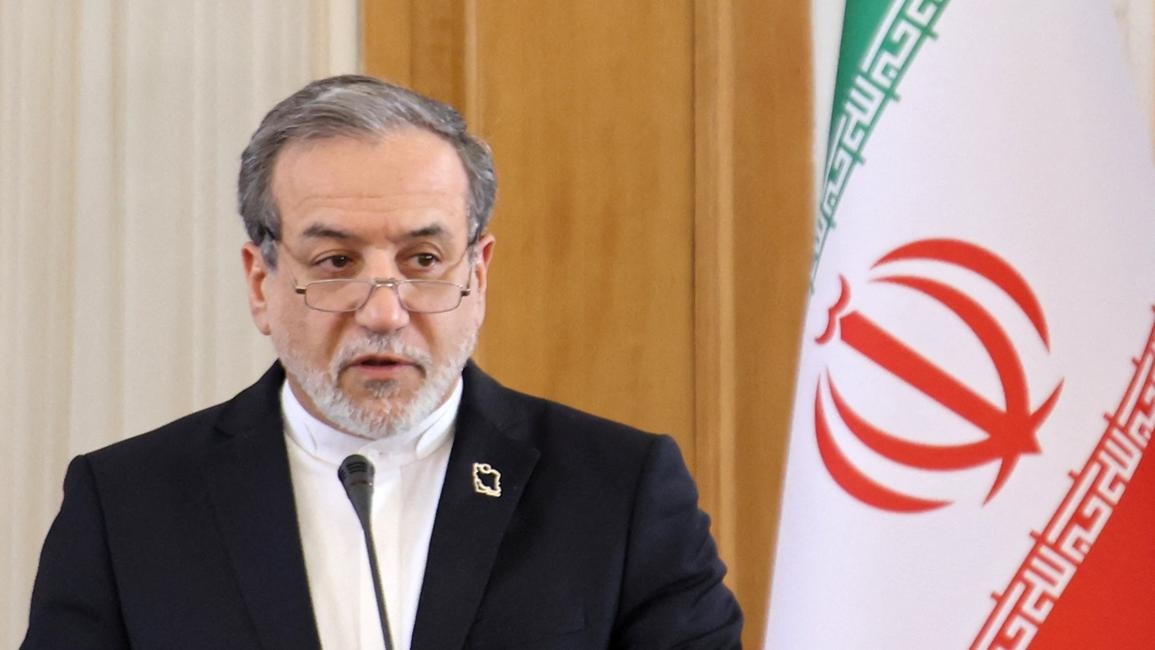Watan-Iranian Foreign Ministry spokesperson Esmail Baghaei announced in a post on the X platform that Iranian Foreign Minister Abbas Araghchi and U.S. envoy Steve Witkoff began their indirect negotiations in Muscat on Saturday evening regarding Tehran’s nuclear program.
Baghaei added that the talks are being mediated by Omani Foreign Minister Badr Al-Busaidi “at a location designated by the Omani host, with the Iranian and American representatives staying in two separate rooms,” noting that the two sides are exchanging their views and positions through Al-Busaidi.
The talks in Muscat are taking place under significant pressure, as U.S. President Donald Trump has threatened military action if a new deal cannot be reached. These are the highest-level negotiations on this issue since Trump withdrew from the Iran nuclear agreement in 2018 during his first term.

Iran and U.S. Begin Indirect Nuclear Talks in Oman, Focus on Equal Negotiations
Upon his arrival in Oman, Araghchi told Iranian television: “We are participating in the negotiations seriously, and we intend to reach a fair and honorable agreement from an equal footing.” He confirmed that the negotiations would be conducted indirectly and would focus solely on the nuclear issue.
He added that if the American side also enters the talks from an equal position, “there will be chances of reaching a preliminary understanding that could lead to a negotiation path.” He emphasized that “many foundational issues will become clearer in this meeting,” and noted that “if both sides show sufficient will, they may agree on a timetable for further negotiations, but it is too early to talk about that now.”
On the other hand, U.S. envoy Steve Witkoff emphasized that the American administration’s “red line” is preventing Iran from acquiring the capability to produce a nuclear weapon. Any agreement allowing Iran to maintain parts of its nuclear program might be seen as a retreat by the U.S. administration, potentially deviating from Israel’s long-standing demand for U.S. oversight in dismantling Iran’s nuclear facilities.
U.S. and Iran Begin Nuclear Talks in Oman, With Compromises on the Table
Witkoff stated that the initial demand from the U.S. would be for Iran to end its nuclear program, but he acknowledged that reaching a deal would require compromises. He summarized his message to Iranian officials: “I think our position begins with dismantling your program. That is our position today.” He added, “That does not mean, by the way, that on the sidelines we can’t find ways to reach an understanding between our two countries.” He continued, “There can be no weaponization of nuclear capabilities. That is where our red line lies.”
Fada-Hossein Maleki, a member of the Iranian Parliament’s National Security and Foreign Policy Committee, confirmed that the two delegations would present their arguments on how negotiations should proceed. He noted that the Iranian delegation would assess the seriousness of the American side in negotiations and whether “any changes have occurred” in Trump’s approach compared to his first term.
He stressed that the Muscat talks are strictly limited to the Iranian nuclear file, and “no other topics, such as defensive capabilities, will be allowed for discussion.” In response to whether Tehran would accept direct negotiations, he explained that after today’s talks, the Iranian side would report the outcomes to the country’s top leadership, who would decide whether negotiations should continue indirectly or directly. He noted that Iran would consider any U.S. proposal “as long as it does not compromise our dignity.”
The Iranian MP added that one possible path in the negotiations is a step-by-step agreement, to assess how serious the U.S. side is. He said Iran may propose a phased deal, where certain sanctions are lifted during an initial period, and further steps are taken if the U.S. complies with lifting those sanctions.
